featured_seasonal_and_giftsYour Monthly Gift, Their Endless Possibilities. Join our Monthly Giving Circle and make your impact today!
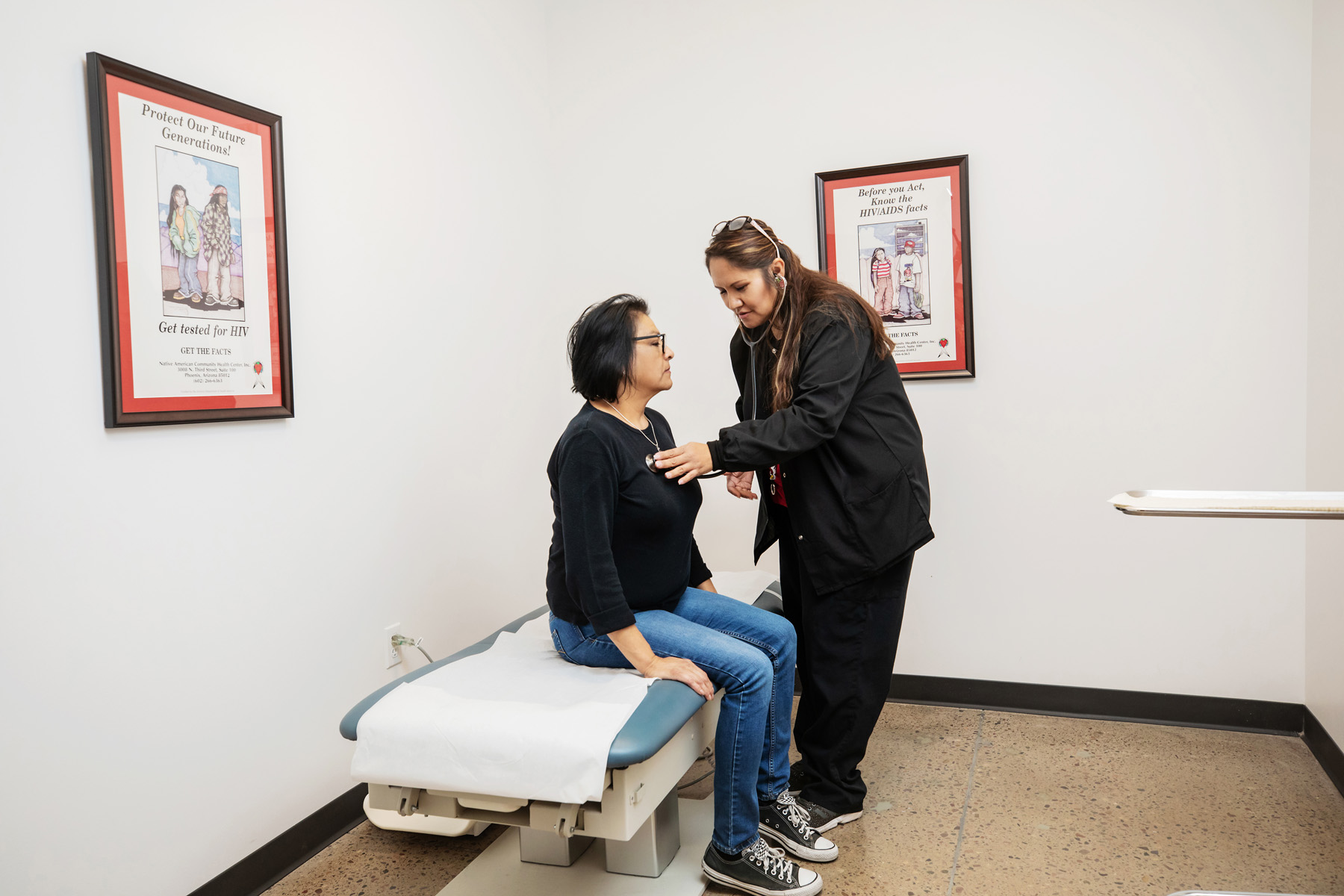
Our Integrated Medical Clinic offers a wide range of wellness resources, comprehensive health services, and health education.
We support the health of existing clients and residents, and provide essential care for your well-being.
Weekdays: 8am - 5pm by appointment only.
Patients, please CALL (602) 424-2060 to schedule.
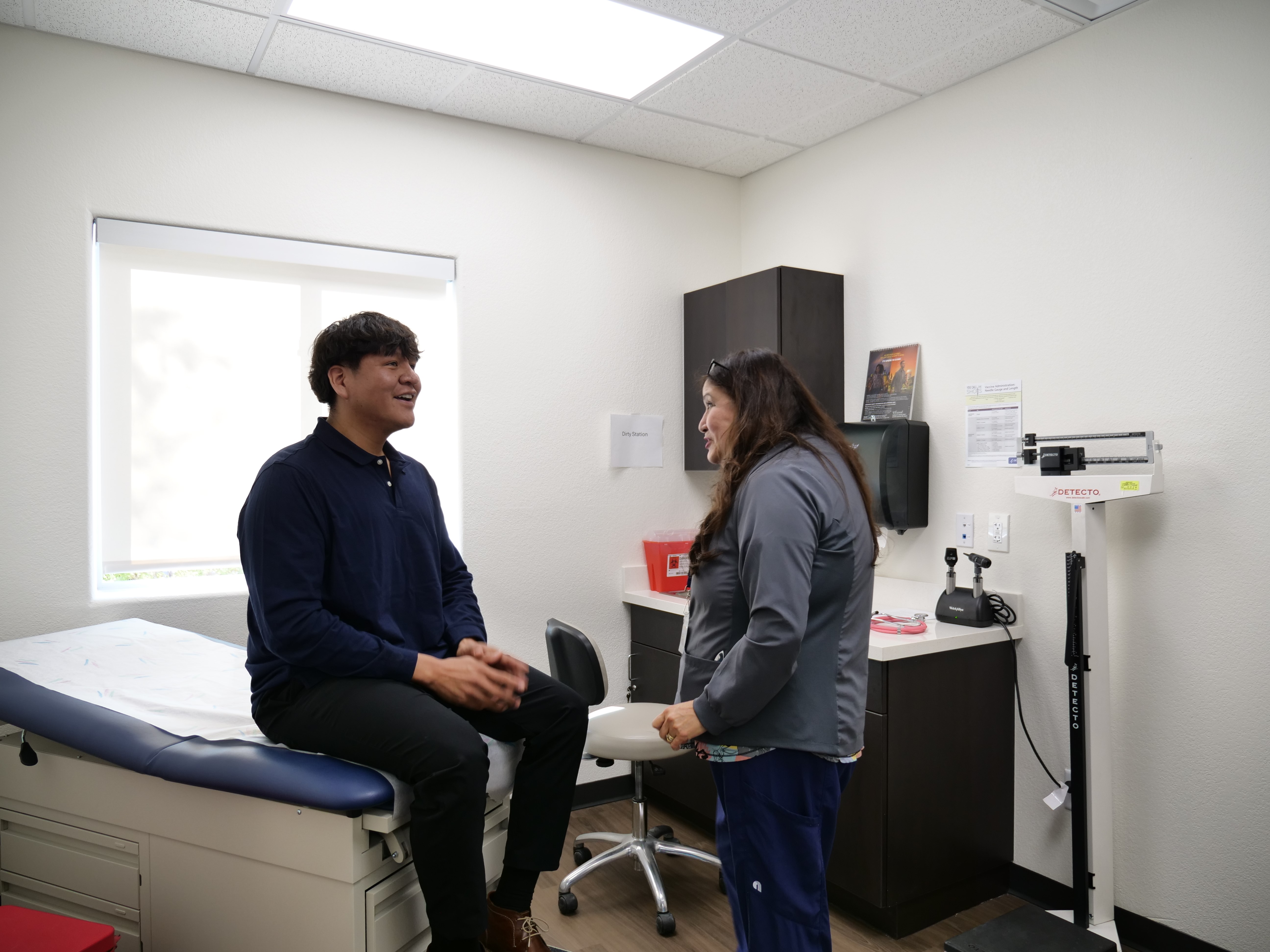
NAC accepts Medicaid, AHCCCS, Mercy Care, Health Choice, Banner, Molina, AIHP - American Indian Health Plan, Arizona Complete Health, United Health Care Plan (available soon for Behavioral Health services), and other personal or tribal funding sources. Please consult with NAC staff and your insurance provider regarding your specific plan.
If you are seeking substance use treatment, you may be eligible for the Substance Use Block Grant (SUBG), ask your health care provider to learn more.
Powered by the United Health Foundation, our new Mobile Health Initiative serves residents and clients of Native American Connections' health and housing programs.
Residents of NAC communities, please call 480-741-0945 to schedule a visit. Check out our Resident Guide & Route Schedule below, and talk to your Property Manager or Resident Service Provider for more info.
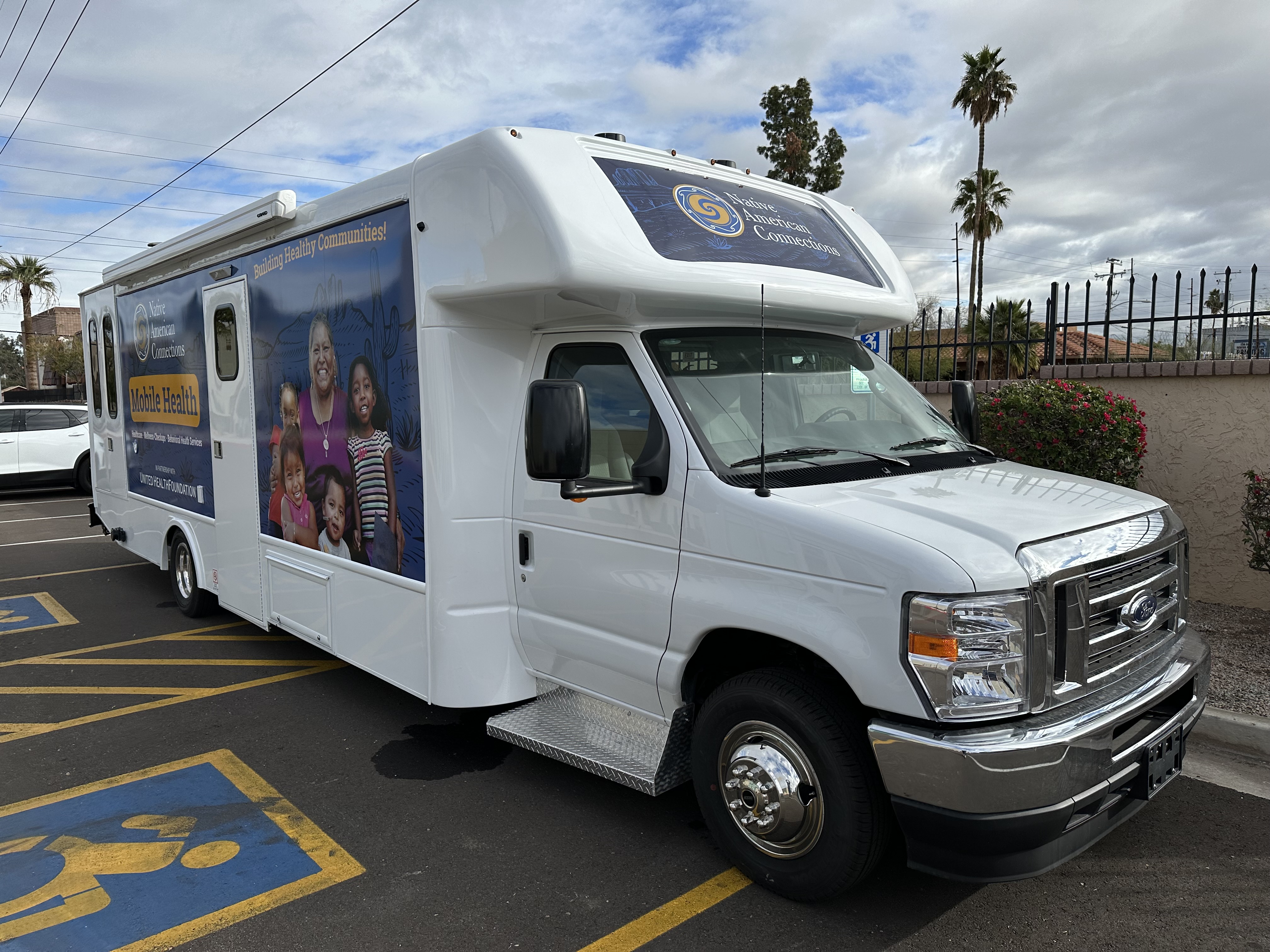
Our traditions are the foundation of our organization - explore, learn, and utilize resources available for all.
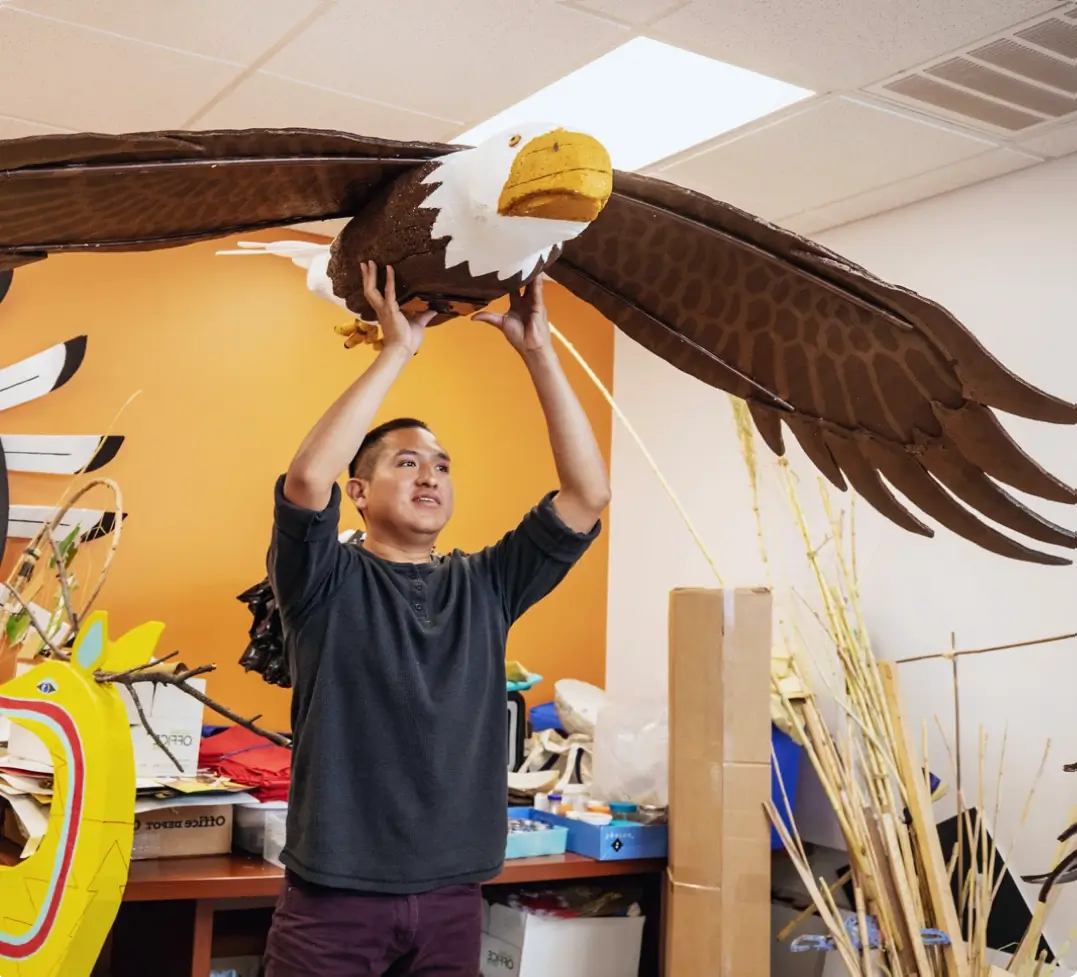
Get the support you need with health, housing, and community services available at Native American Connections.

Your support changes lives and builds healthy communities. Find ways to get involved.
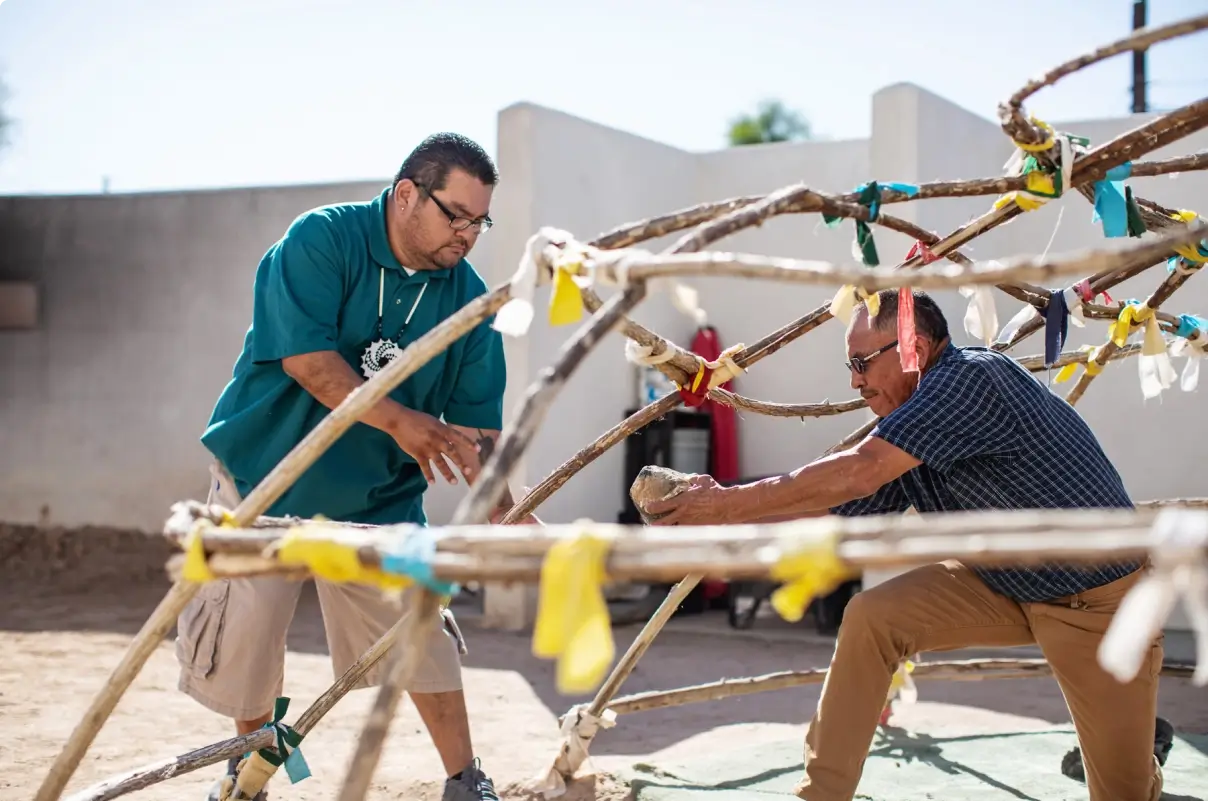
Weekdays: 8am - 5pm by appointment only.
Patients, please CALL (602) 424-2060 to schedule.
A "chronically homeless" individual is defined to mean a homeless individual with a disability who lives either in a place not meant for human habitation, a safe haven, or in an emergency shelter or in an institutional care facility if the individual has been living in the facility for fewer than ninety (90) days and had been living in a place not meant for human habitation, a safe haven or in an emergency shelter immediately before entering the institutional care facility. In order to meet the ‘‘chronically homeless’’ definition, the individual also must have been living as described above continuously for at least twelve (12) months or on at least four (4) separate occasions in the last three (3) years, where the combined occasions total a length of time of at least twelve (12) months. Each period separating the occasions must include at least seven (7) nights of living in a situation other than a place not meant for human habitation, in an emergency shelter or in a safe haven.
Federal nondiscrimination laws define a person with a disability to include any (1) individual with a physical or mental impairment that substantially limits one or more major life activities; (2) individual with a record of such impairment; or (3) individual who is regarded as having such an impairment. In general, a physical or mental impairment includes, but is not limited to, examples of conditions such as orthopedic, visual, speech and hearing impairments, cerebral palsy, autism, epilepsy, muscular dystrophy, multiple sclerosis, cancer, heart disease, diabetes, Human Immunodeficiency Virus (HIV), developmental disabilities, mental illness, drug addiction, and alcoholism.